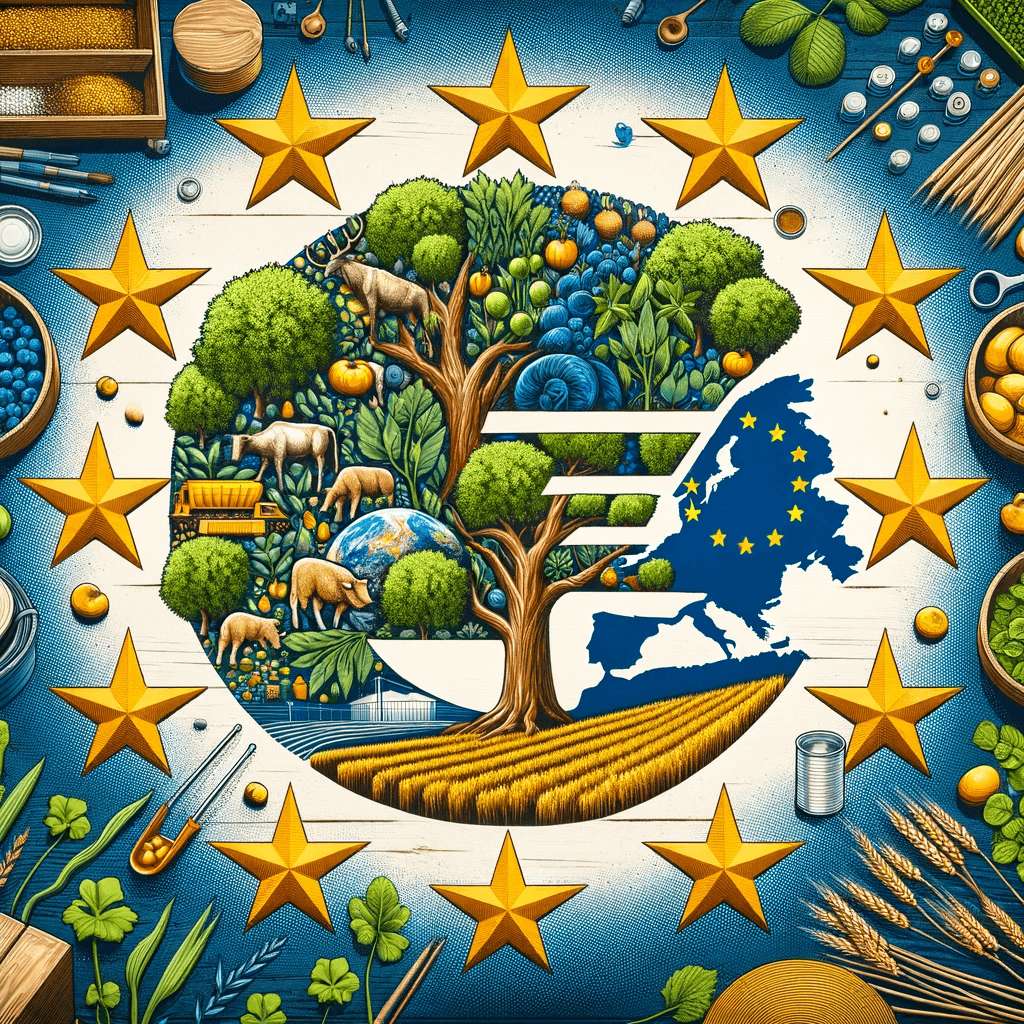Agroforestry
Agroforestry is a land use management system in which trees or shrubs are grown around or among crops or pastureland. This integration of agriculture and forestry has varied benefits for both the environment and the economy.
Importance of Agroforestry in Sustainability and Climate Change Mitigation
Carbon Sequestration
Trees in agroforestry systems capture and store carbon dioxide from the atmosphere, helping to mitigate climate change. This carbon sequestration is vital in reducing the overall concentration of greenhouse gases.
Biodiversity Conservation
Agroforestry enhances biodiversity by providing a variety of habitats for different species. This diversity of plants and animals can create more resilient ecosystems.
Soil
Health
Trees and shrubs in agroforestry systems improve soil quality through nitrogen fixation, organic matter addition, and reduced soil erosion. This leads to enhanced soil fertility and agricultural productivity.
Water Management
Agroforestry practices improve water quality by filtering pollutants and preventing runoff. They also help in water conservation and maintaining the water table.
Microclimate Regulation
Trees and shrubs can modify the microclimate within agroforestry systems, providing shade and reducing wind speed, which can be beneficial for the crops.
Economic Benefits
Agroforestry can diversify farmers' income sources through the production of timber, fruit, nuts, and other non-timber forest products, alongside traditional crops and livestock.
Nelkoski Organic Food in Macedonia
Nelkoski Organic Food is notable for being a pioneer in implementing agroforestry practices in Macedonia. By integrating these practices, Nelkoski Organic Food is contributing significantly to sustainable agriculture in the region. Their efforts not only enhance the productivity and sustainability of their land but also set an example for other agricultural enterprises in Macedonia.

ECOTOP’s Role:
ECOTOP is a leading organization in the field of agroforestry, renowned in Germany, Europe, and globally. They are instrumental in promoting agroforestry practices, conducting research, and providing education and support to farmers and organizations interested in sustainable land use. ECOTOP’s work includes developing innovative agroforestry models, advocating for policy support for agroforestry, and collaborating with international partners to spread the knowledge and benefits of agroforestry practices. Their contribution is crucial in advancing agroforestry as a viable and beneficial approach to agriculture and environmental conservation.
Through the efforts of organizations like Nelkoski Organic Food and ECOTOP, agroforestry is gaining recognition as a key solution in the fight against climate change, while also promoting sustainable and productive agricultural systems.
HALBA and COOP have played a pivotal role in supporting the agroforestry project initiated by Nelkoski Organic Food, in collaboration with ECOTOP. This project, to be implemented in Nelkoski Organic Food’s fields, represents a significant step towards sustainable agriculture and environmental stewardship. Both HALBA and COOP have contributed not just financially but also through sharing expertise and resources, ensuring the successful implementation and scalability of this agroforestry initiative. Their involvement underscores a strong commitment to sustainable development, promoting biodiversity, and enhancing the ecological balance within agricultural practices. This collaboration is a testament to the power of joint efforts in advancing innovative and environmentally conscious farming methods, setting a precedent for sustainable agriculture in the region.
ECO TOP https://www.ecotop-consult.de/

